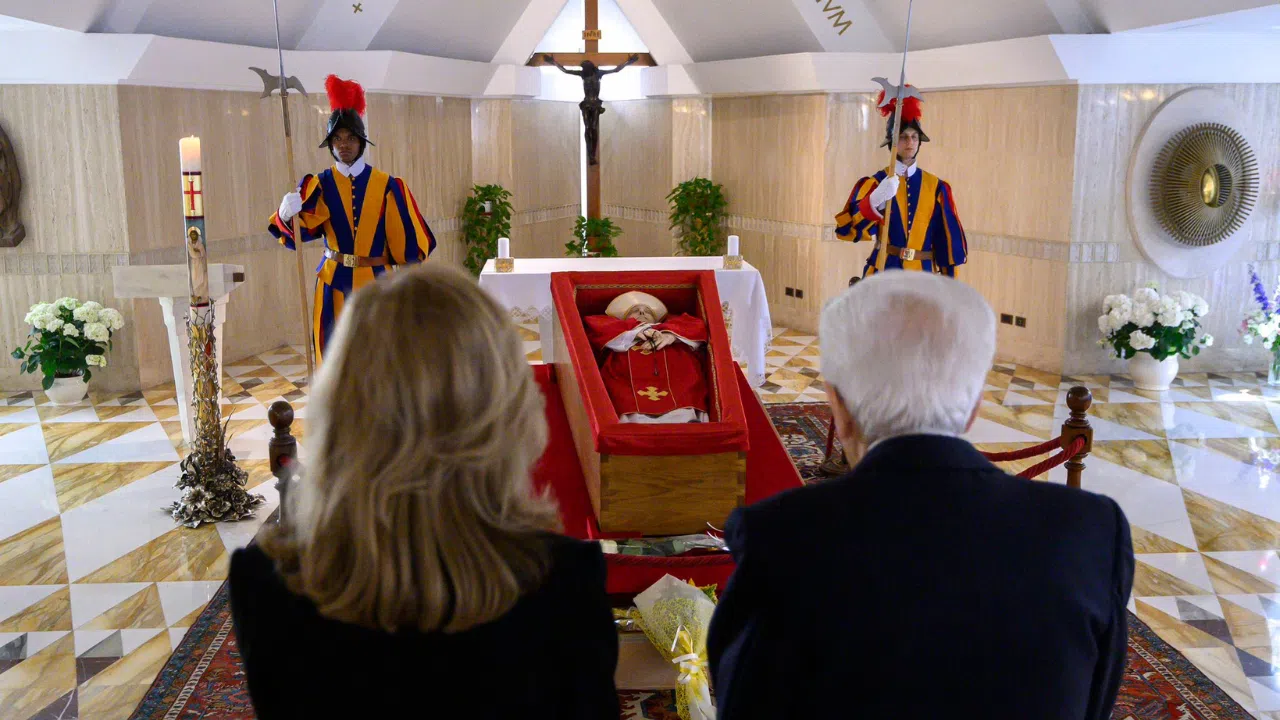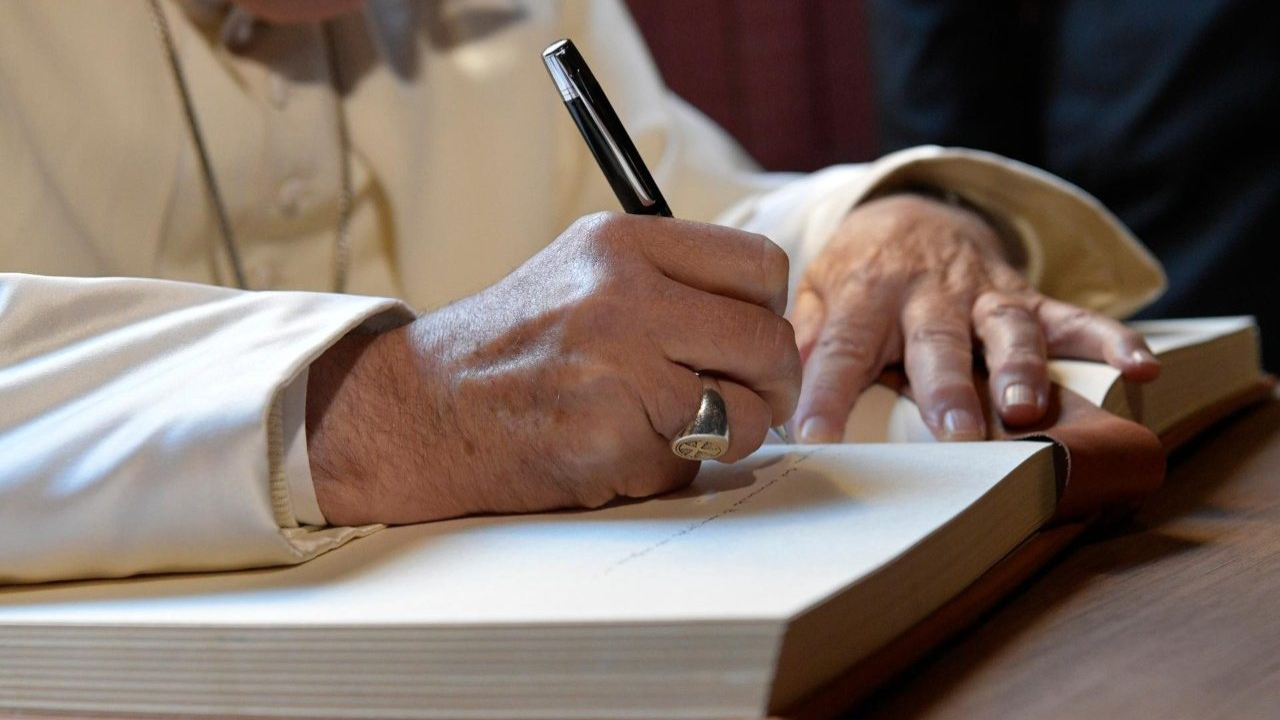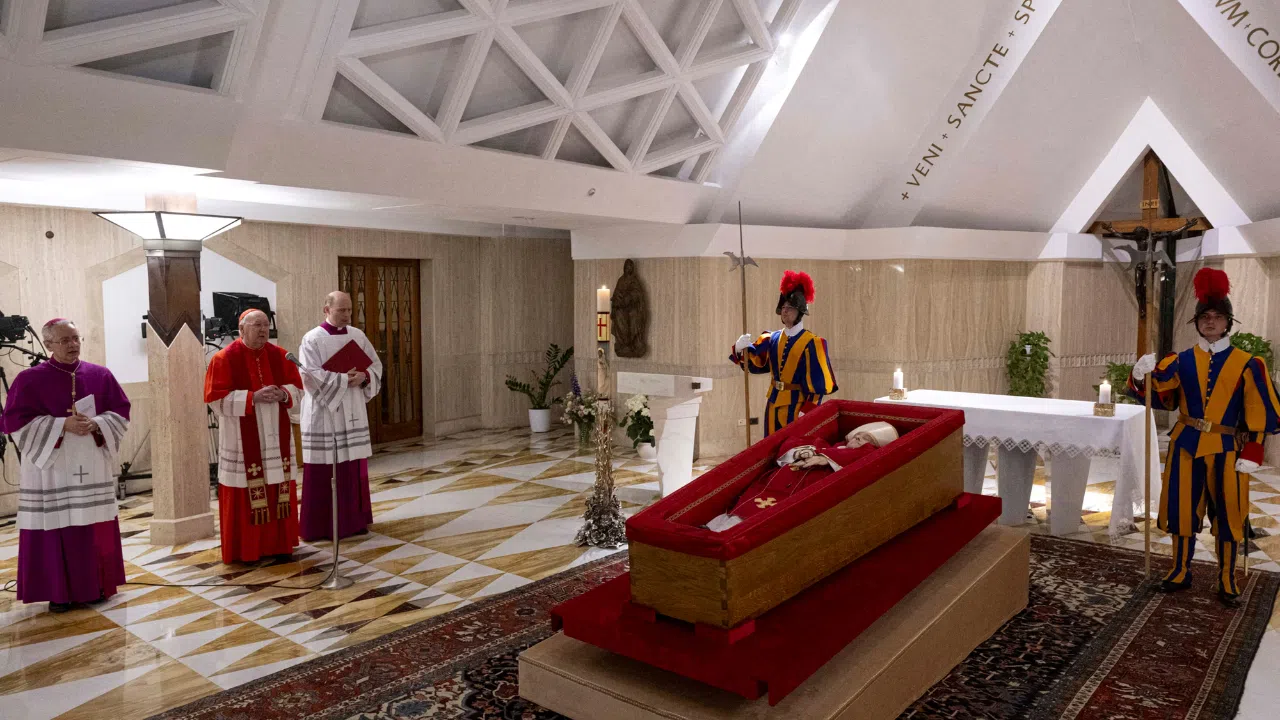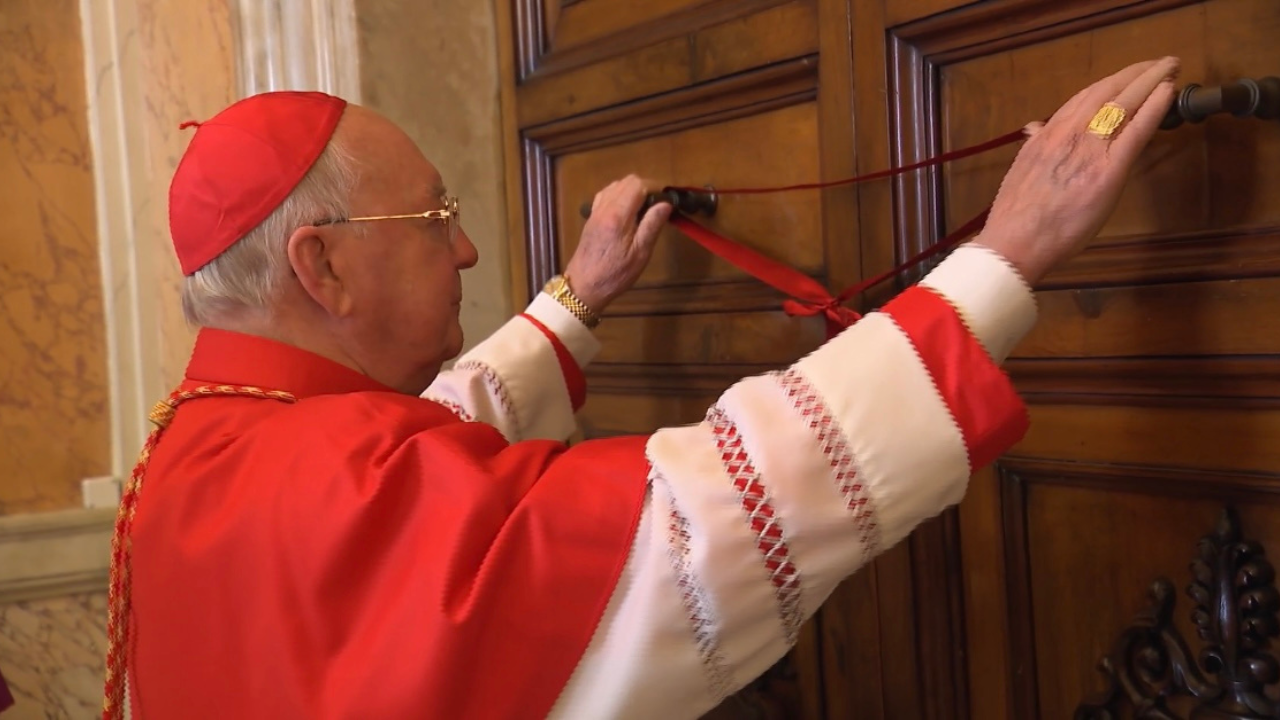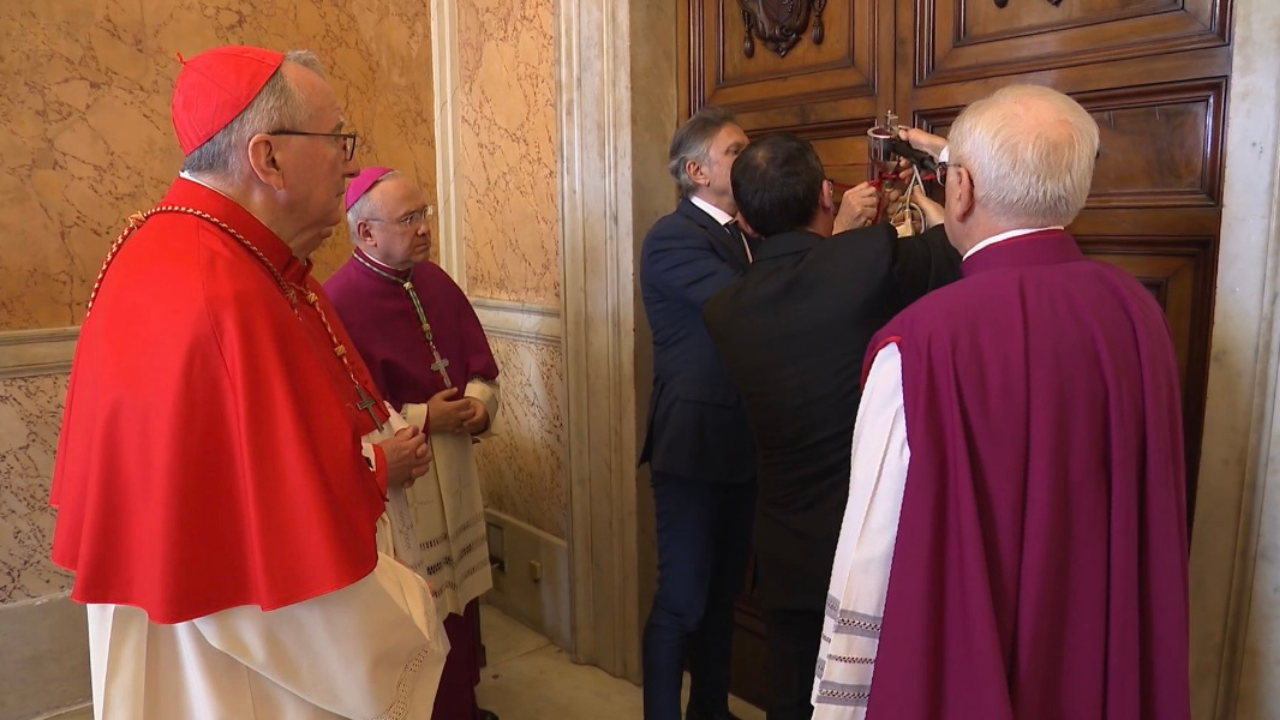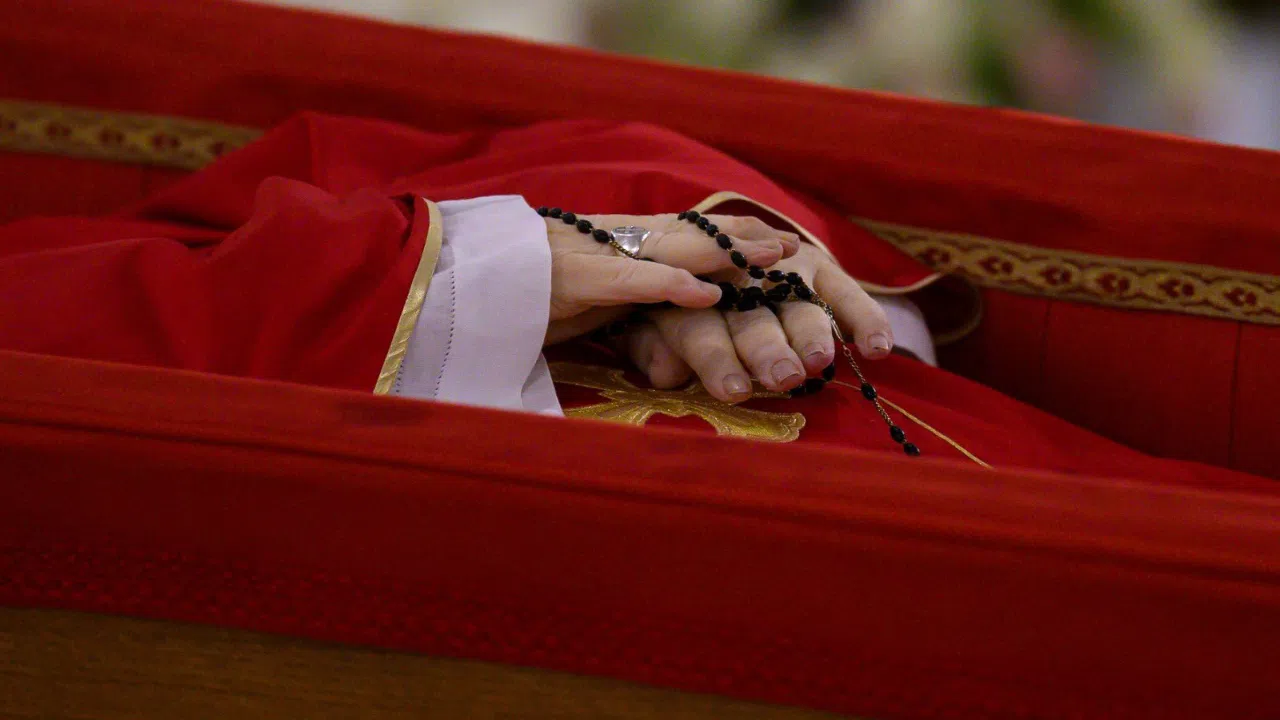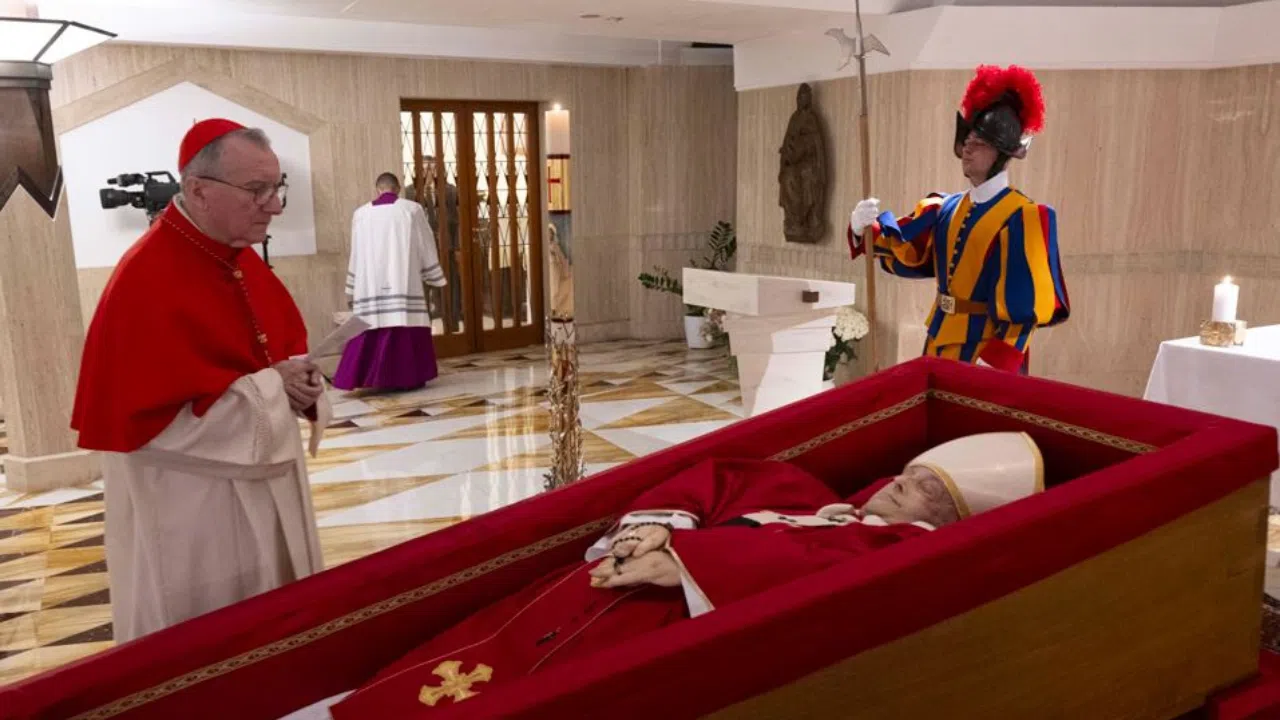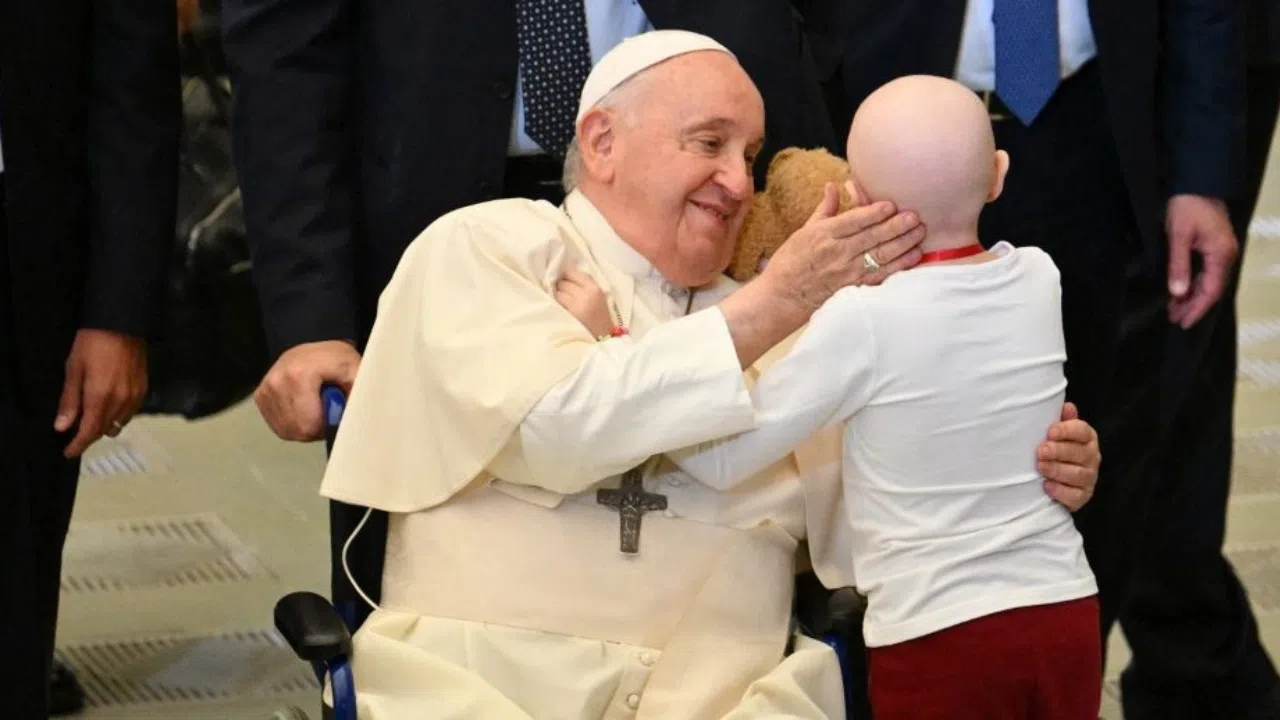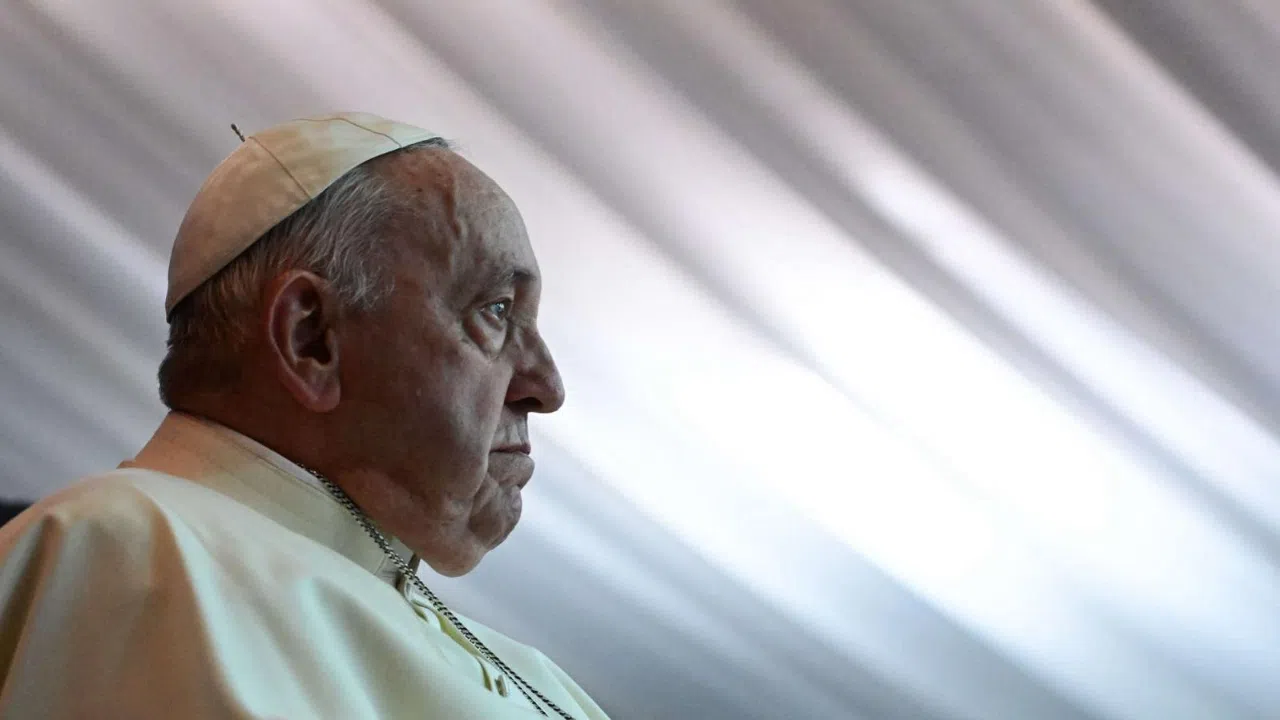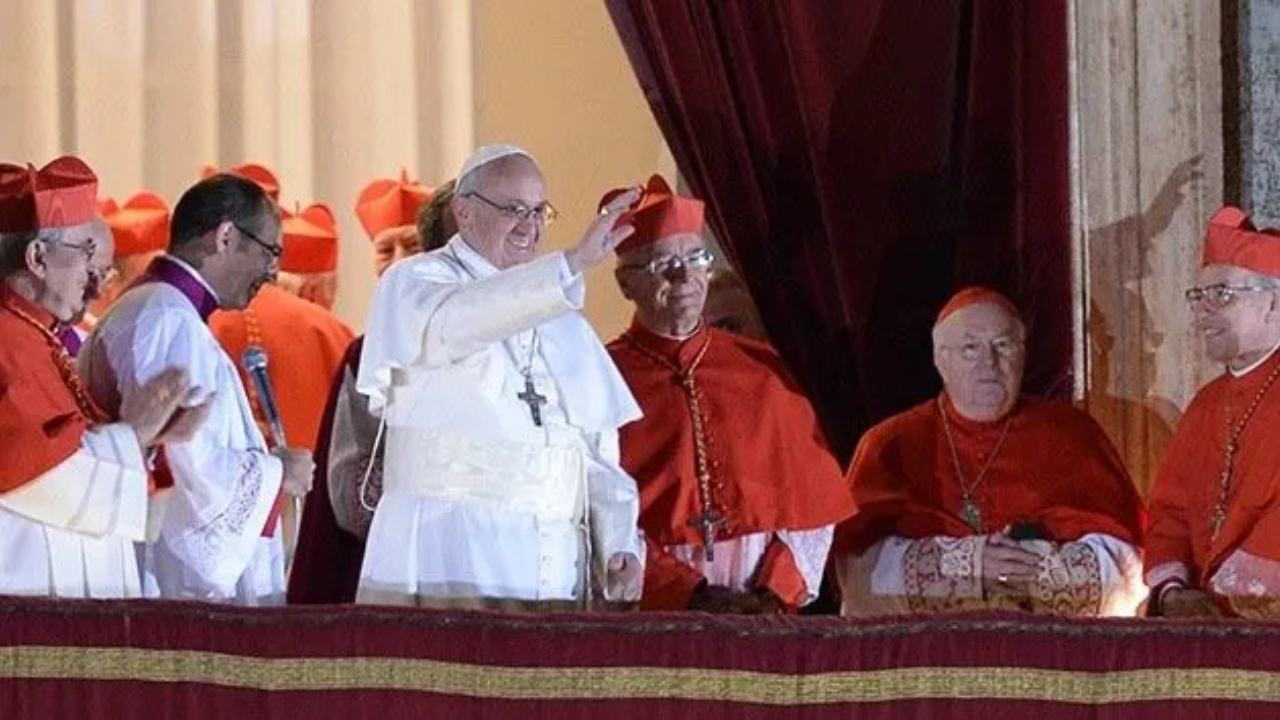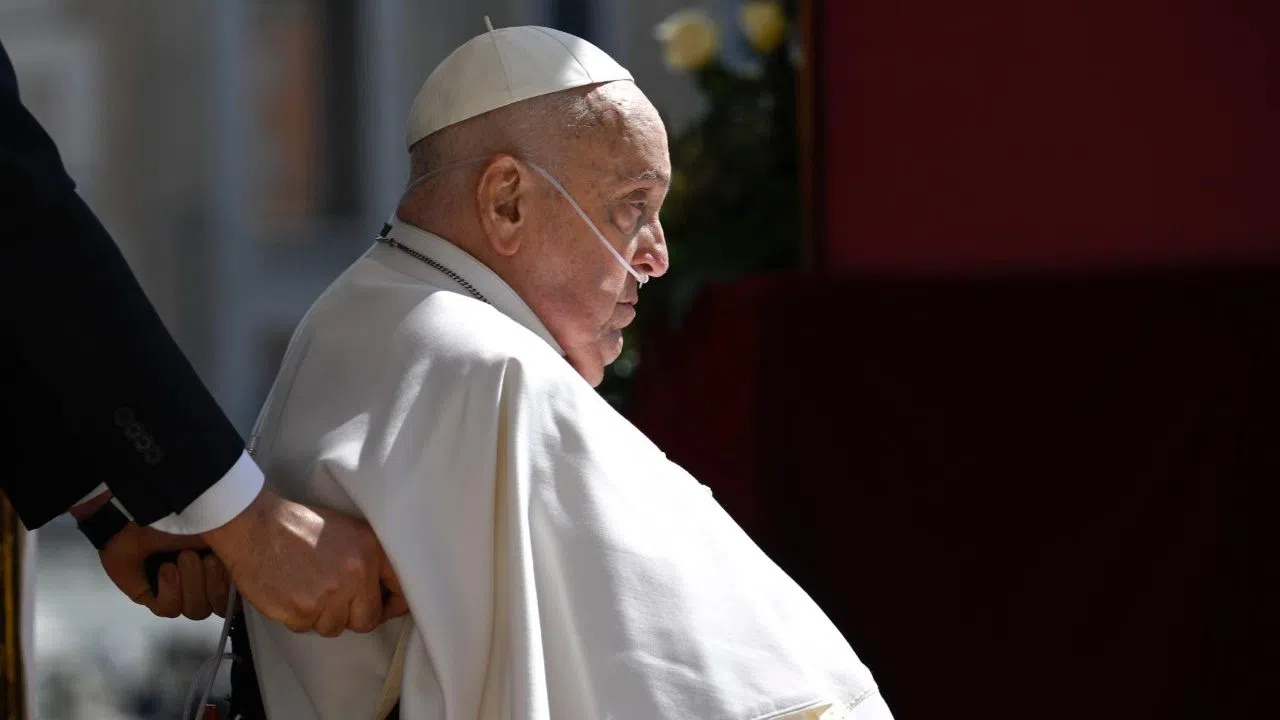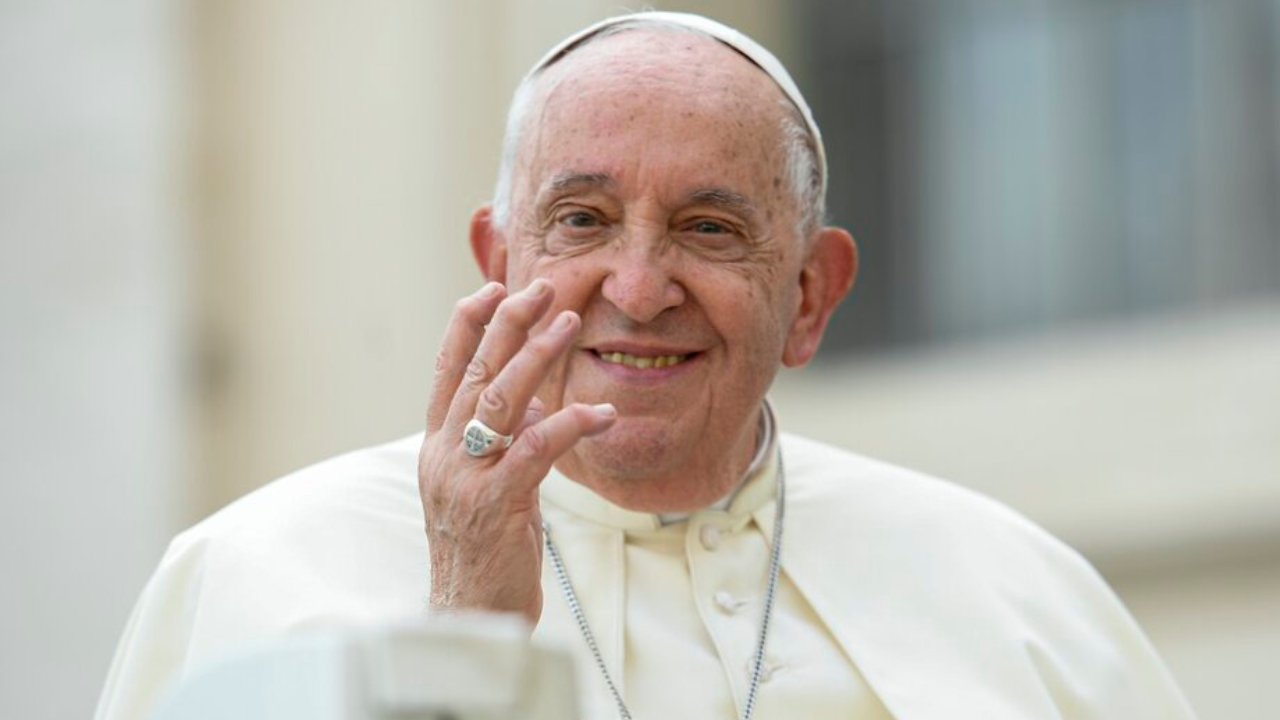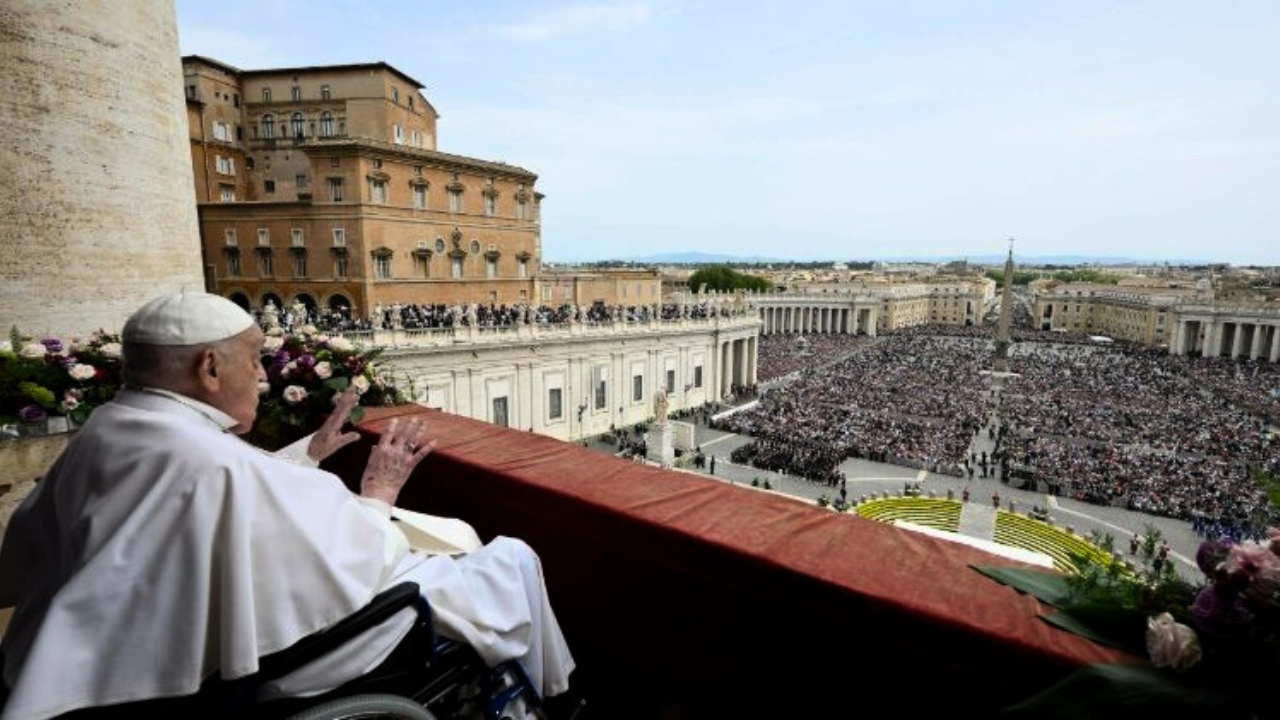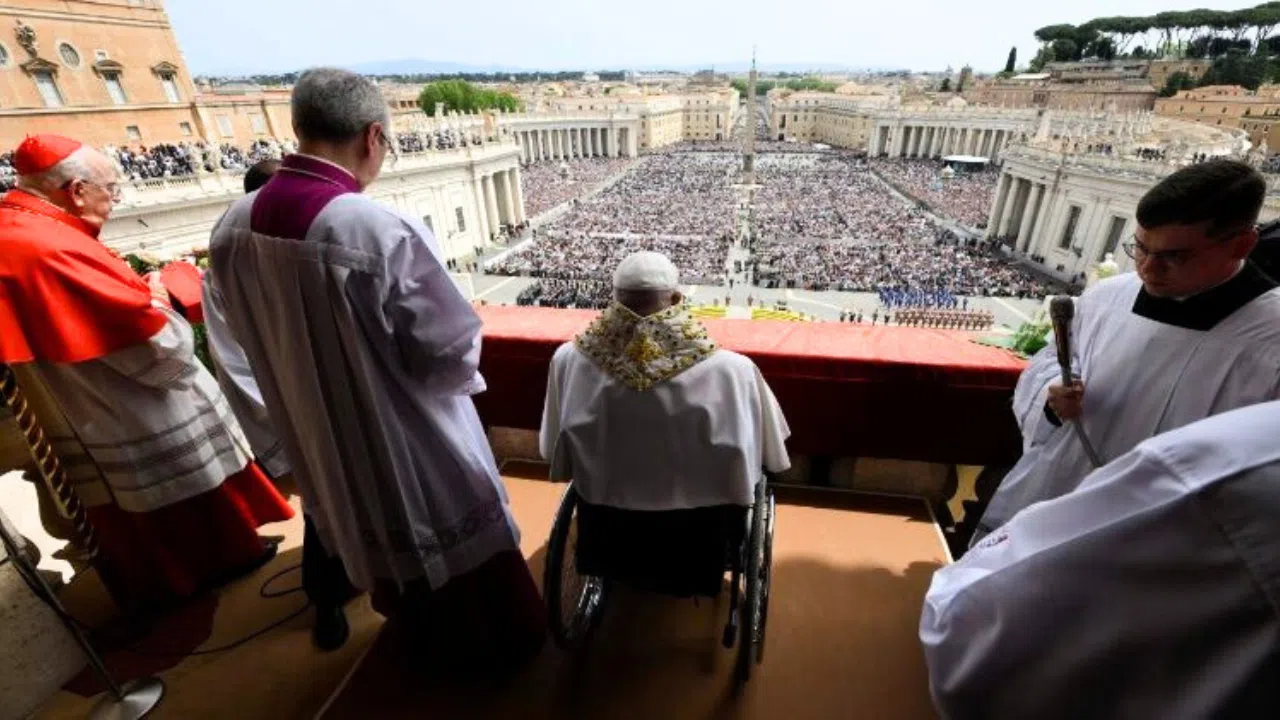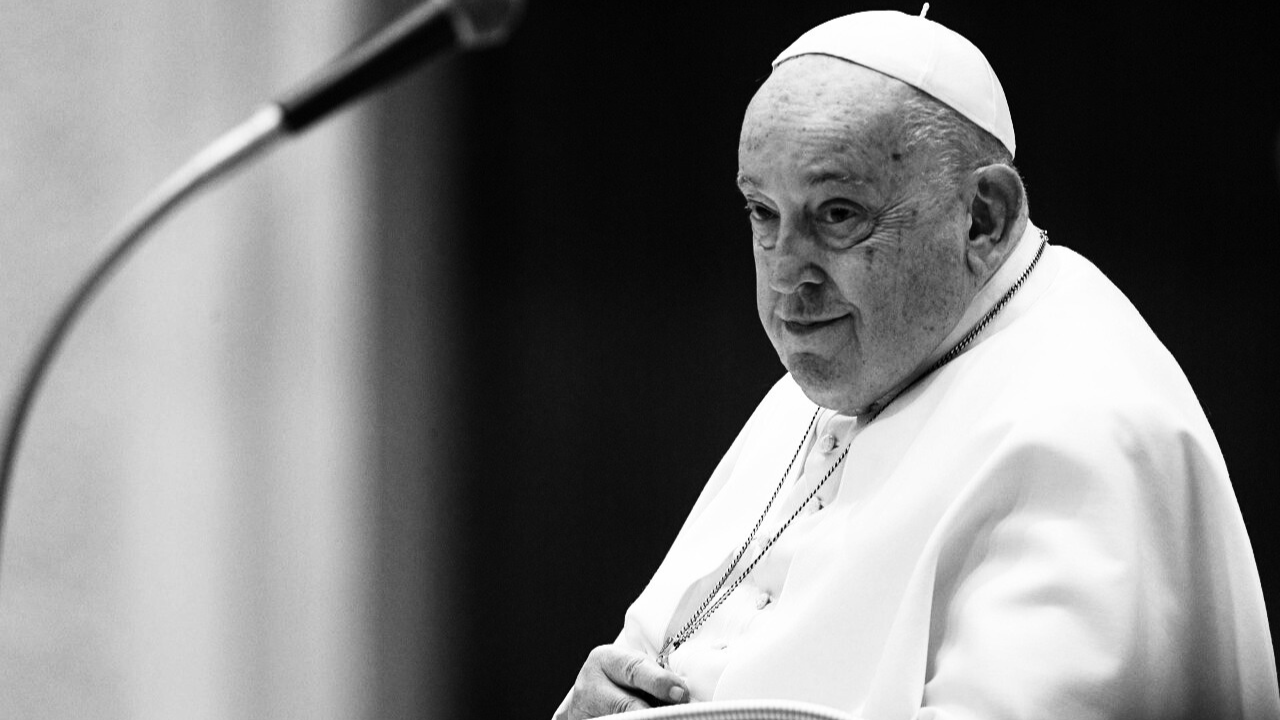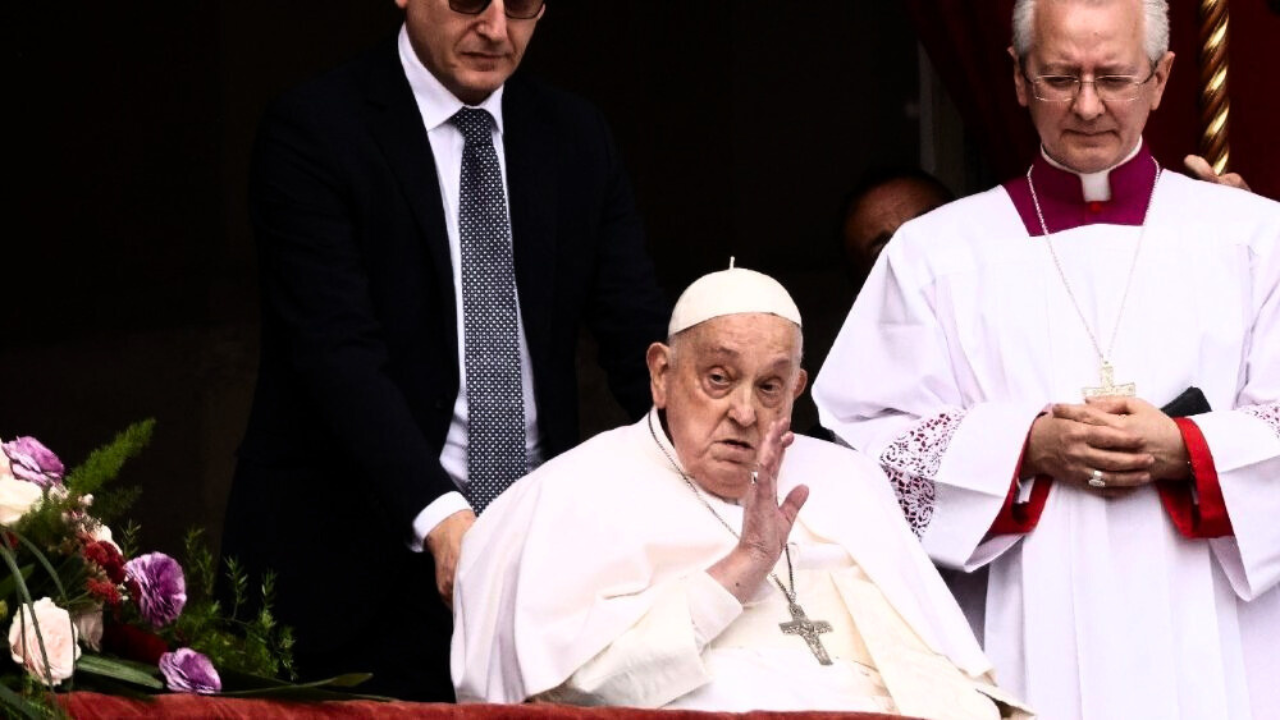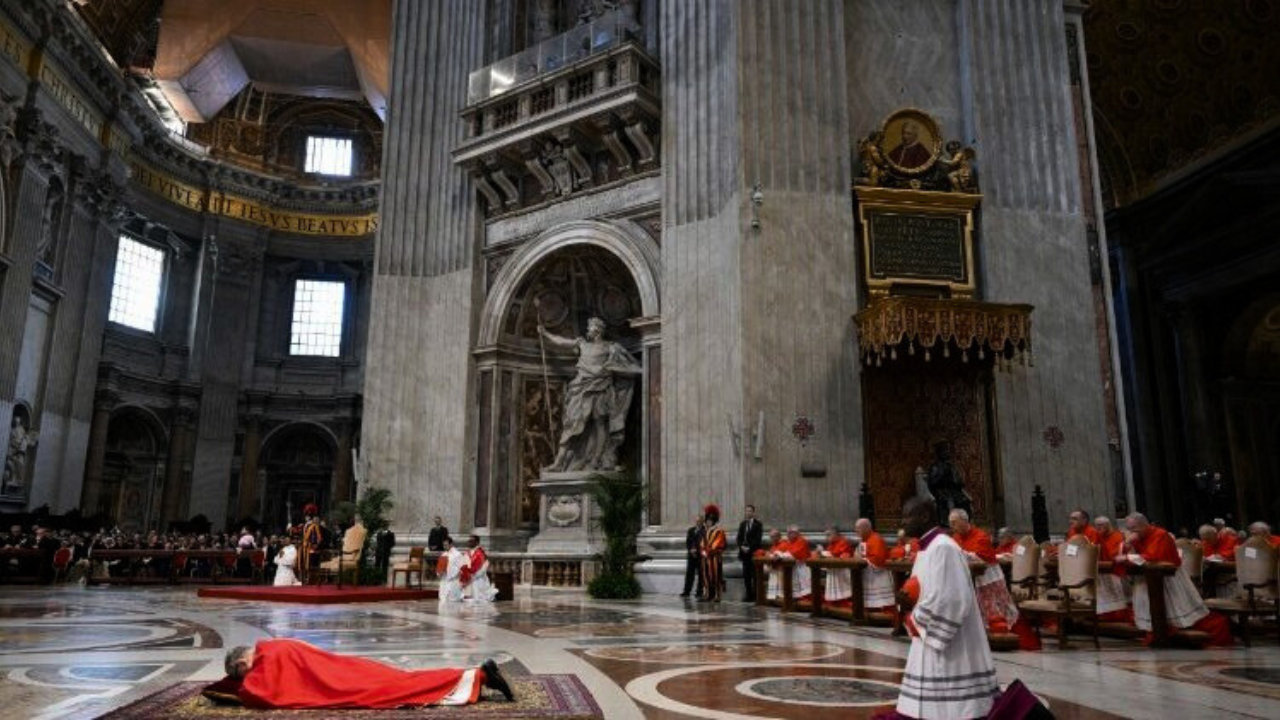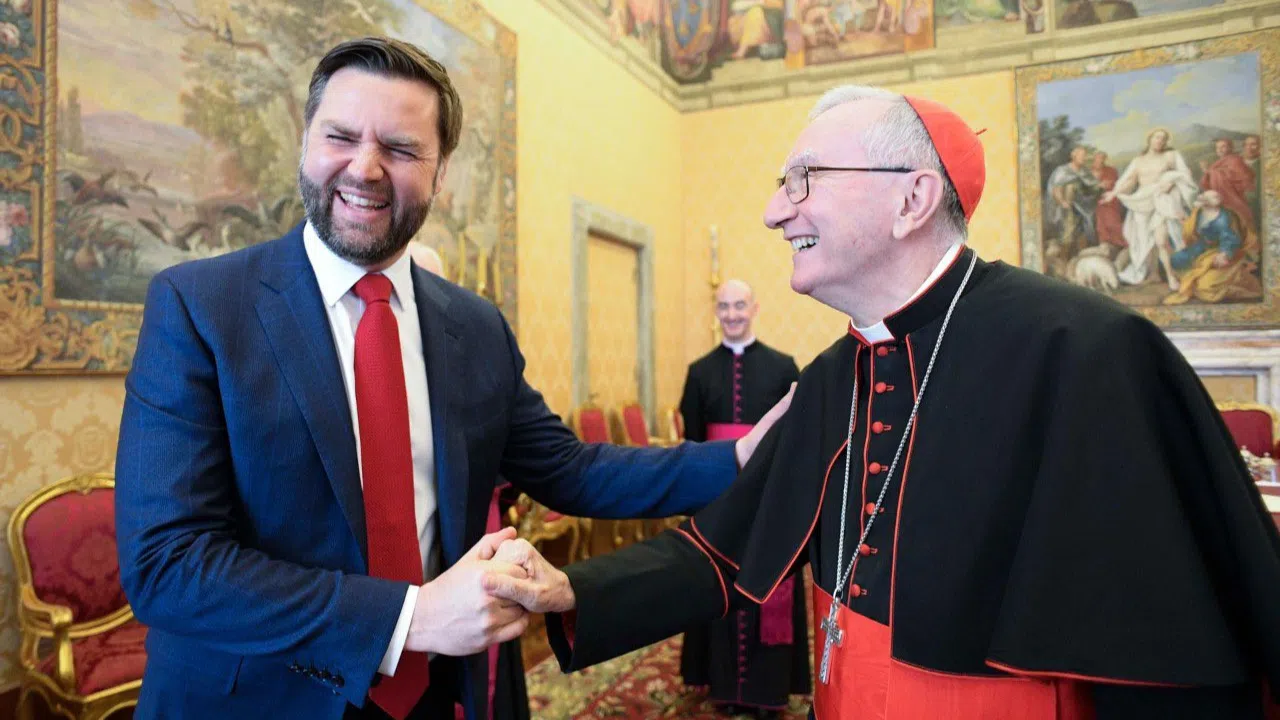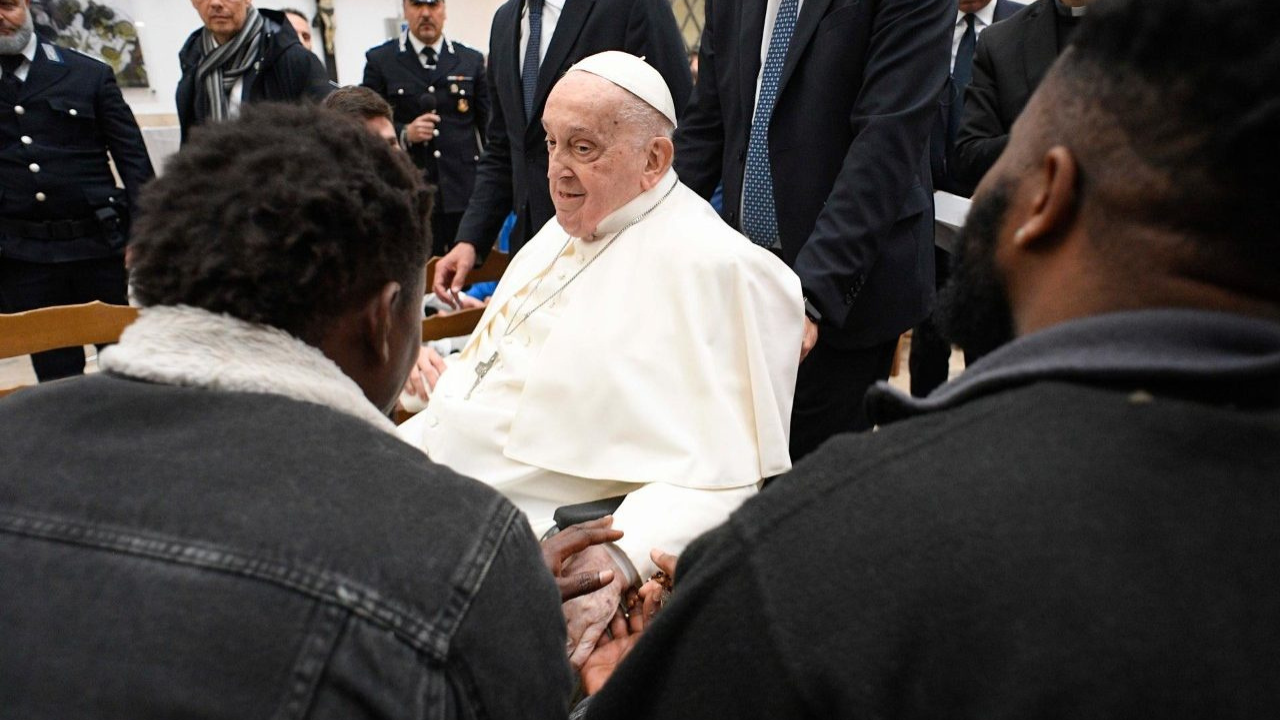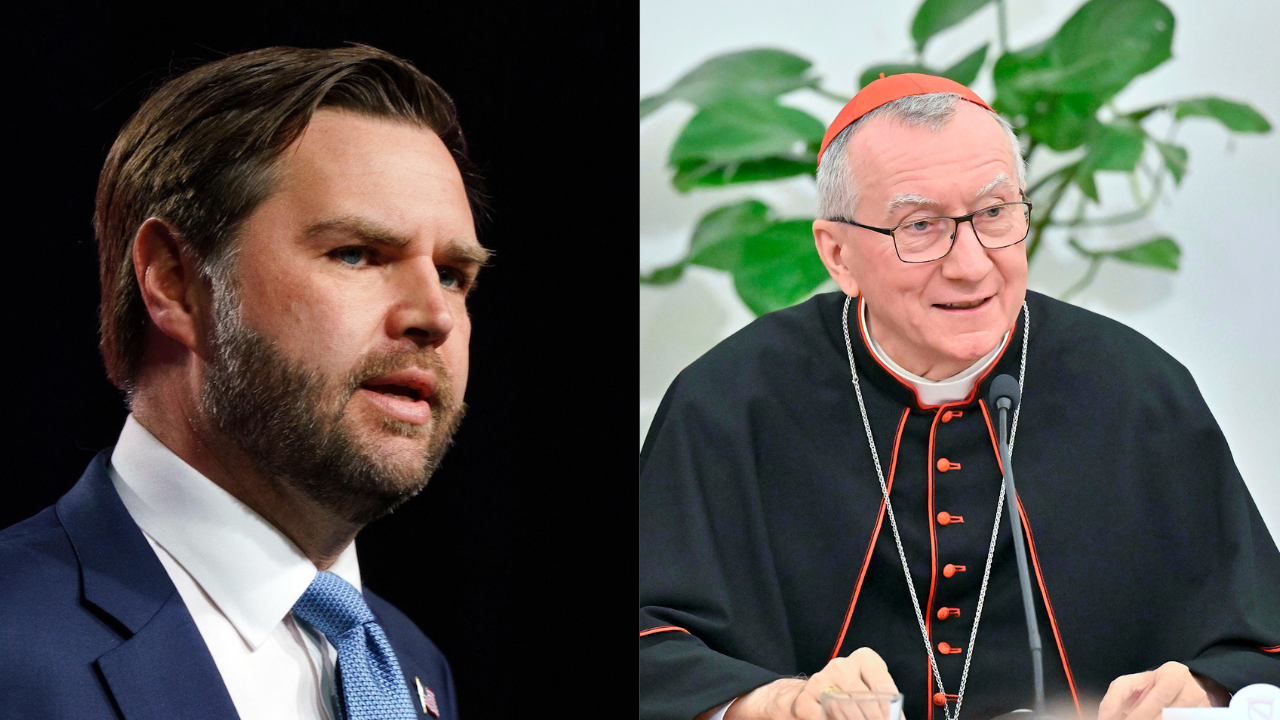The pre-conclave meetings of 2013 ended with a clear purpose: to connect with the world, the new Pope should bring novelty and closeness. At the same time, a determined person was needed to reform the Curia.
In fact, the lack of transparency favored illegal practices that only reinforced the idea of the Vatican as a place of corruption hidden behind a sea of cassocks.
Pope Francis, in fact, commissioned external auditors to analyze the Vatican's financial statements. The result did not seem to be satisfactory.
GIANLUIGI NUZZI
Journalist
The auditors pointed out to the Pope the situation that can be summarized in this sentence: there is almost no transparency in the Holy See's balance sheets.
ALESSANDRO CASSINIS
Vatican Auditor General
Let's not forget that the Vatican is a place where they were not used to submitting to financial controls, so there was a natural distrust and resistance at a cultural level.
Furthermore, Pope Francis only had to wait a few months to see in the media the arrest of a Curia official allegedly involved in a money laundering operation.
POPE FRANCIS
We have this Monsignor in prison, I think he is still in prison. He didn’t exactly go to prison because he was like Blessed Imelda, he was no saint. These are scandals, and they do harm.
During his pontificate, Pope Francis managed to complete an economic reform to strengthen internal controls and prevent practices that led to the squandering of economic resources.
This led to the strengthening of the judicial system, which was put to the test during the London trial, the so-called “Sloan Avenue”. On that street, the Secretariat of State of the Holy See lost millions of dollars in the purchase and sale of a property. Those responsible for the mismanagement were tried, although the independence of the judiciary was called into question because the Head of the Vatican City State, the Pope, punished one of the accused before the trial began. In addition, during the trial, the lack of resources of the judiciary came to light.
FAUSTO GASPARRONI
Agencia ANSA
It is for an investigation of this size, even the Vatican investigative structures are a bit small, you know. So I can say that it is struggling a bit. You know, both during the investigation and at the beginning of the trial, so even the times were much longer than what could have been, could have been done.
Many of the economic reforms had already been initiated by Pop Benedict XVI thanks to the introduction of the euro. The European Union agreed that Rome could use the euro if it submitted to the transparency tests to which financial institutions in member countries are subjected. These measures helped detect suspicious practices of money laundering, among others.
JRB
TR: GS
